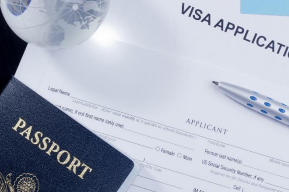To provide educational courses to overseas students, non-government schools are required to be registered on the Commonwealth Register of Institutions and Courses for Overseas Students (CRICOS). To become a registered provider, schools must demonstrate their ongoing compliance with a great number of obligations stemming from laws, regulations, standards and guidelines.
The most in-depth and cumbersome of these requirements come from the recently overhauled National Code of Providers of Education and Training to Overseas Students 2018 (National Code). The National Code is a set of nationally consistent standards that govern the protection of overseas students and the delivery of courses to those students by CRICOS-registered providers. The new National Code took effect on 1 January 2018.
The National Code consists of 11 standards that require schools to implement policies and procedures to ensure that overseas students are appropriately cared for.
The National Code was enacted under the Education Service for Overseas Students Act 2000 (Cth) (ESOS Act). The ESOS Act aims to:
- protect the interests of overseas students coming to Australia on student visas
- protect and enhance Australia’s reputation for quality education
- provide tuition protection
- support the integrity of the student visa program.
The National Code is divided into Part A and Part B.
Part A describes the National Code and the ESOS Framework. Part B outlines the 11 standards:
- Standard 1: Marketing Information and Practices
- Standard 2: Recruitment of an Overseas Student
- Standard 3: Formalisation of Enrolment and Written Agreements ✓ Standard 4: Education Agents
- Standard 5: Younger Overseas Students
- Standard 6: Overseas Student Support Services
- Standard 7: Overseas Student Transfers
- Standard 8: Overseas Student Visa Requirements
- Standard 9: Deferring, Suspending or Cancelling the Overseas Student’s Enrolment
- Standard 10: Complaints and Appeals
- Standard 11: Additional Registration Requirements.
Compliance with the National Code, its 11 standards and related legislation, regulations and standards is mandatory for all non-government schools who wish to provide educational services to overseas students. Each jurisdiction’s designated state authority has the power to initiate site inspections and audit schools’ compliance with the Code at any time.


